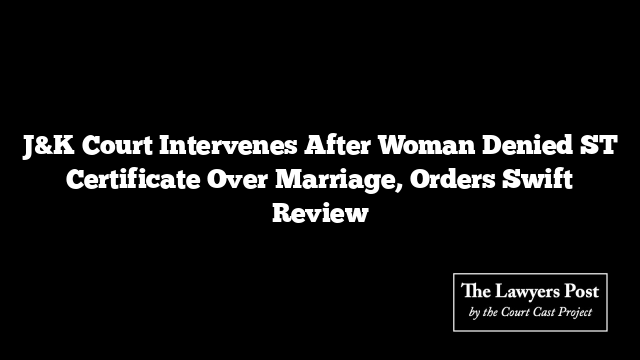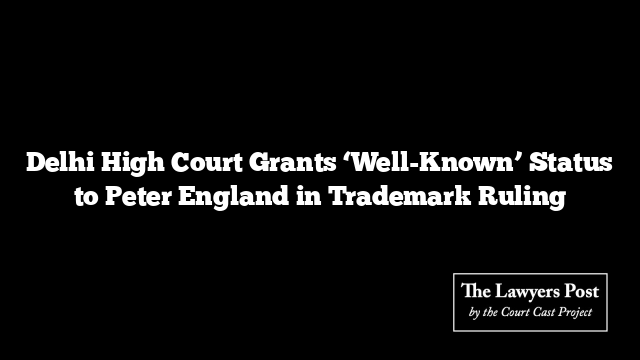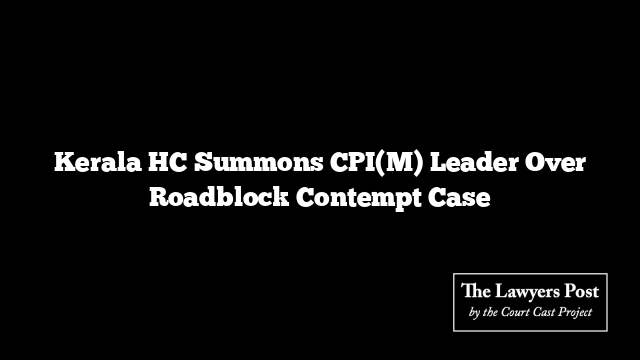In a decisive ruling, the High Court of Jammu and Kashmir and Ladakh stepped in to safeguard the rights of a woman from the Padri tribe, instructing authorities to swiftly reconsider their refusal to grant her a Scheduled Tribe (ST) certificate due to her marriage outside the community.
The case involved Shivaeta Rani, who was denied the certificate despite a standing clarification from the Union Home Affairs Ministry that marriage does not alter a person’s Scheduled Caste (SC) or Scheduled Tribe (ST) status. Her appeal to the Additional Deputy Commissioner of Kishtwar had previously been dismissed, with officials citing the need for further legal interpretation.
With her UPSC civil services examination deadline looming on February 11, Rani approached the High Court, arguing that the denial jeopardized her career. The Court acknowledged the urgency and ruled that the concerned authorities must review their decision without requiring her to submit a new application. The ruling specified that the final decision must be communicated by February 11 to ensure she could proceed with her exam application.
The case highlights the ongoing challenges faced by individuals navigating bureaucratic hurdles in accessing rightful benefits, even in the face of clear legal clarifications. The High Court’s intervention ensures that marriage cannot be used as a pretext to strip individuals of their constitutional entitlements.





